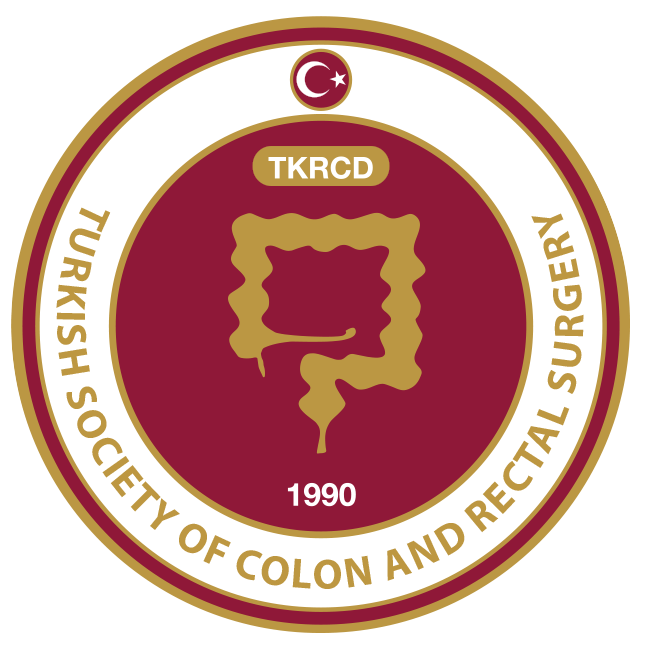ABSTRACT
OBJECTIVE:
Protein energy malnutrition can deteriorate the balance between the reactive oxygen species and endogenous protective mechanisms. It was aimed to evaluate the effects of the different diets given in the early postoperative period on anastomosis healing and oxidative and antioxidative capacity in malnutrition.
METHODS:
Each study groups were formed with 10 rats. Each rat received protein energy malnutrition diet for 15 days. While the rats in group I were sacrificed after the malnutrition, the rats in group II, III, IV and V were underwent left colonic anastomosis after the malnutrition. Group II received standart diet, group III received diet only with fiber, group IV received high energy diet and group V received high energy diet with fiber after the anastomosis. After 7 day nutrition, anastomotic burst pressure and hydroxyproline levels in the samples from the anastomosis were measured. Beside the antioxidative enzymes like superoxide dismutase (SOD), catalase, glutathion reductase, total antioxidative capacity were evaluated in the liver and blood samples.
RESULTS:
Results showed that while anastomotic burst pressure in group IV and V were similar, the burst pressure were high in group IV when group IV was compared especially with group II and III (p<0.05). The tissue hydroxyproline levels were higher in group V when compared with the other groups (p<0.05). While the antioxidative enzymes and antioxidative capacity were found to be higher in group IV when compared with group II (p<0.05), the results were similar when compared with the other groups (p>0.05).
CONCLUSION:
These results showed us that the high energy diet in the protein energy malnutrition during the early postoperative period can be effective in anatomotic healing and improvements of oxidative-antioxidative capacity.



